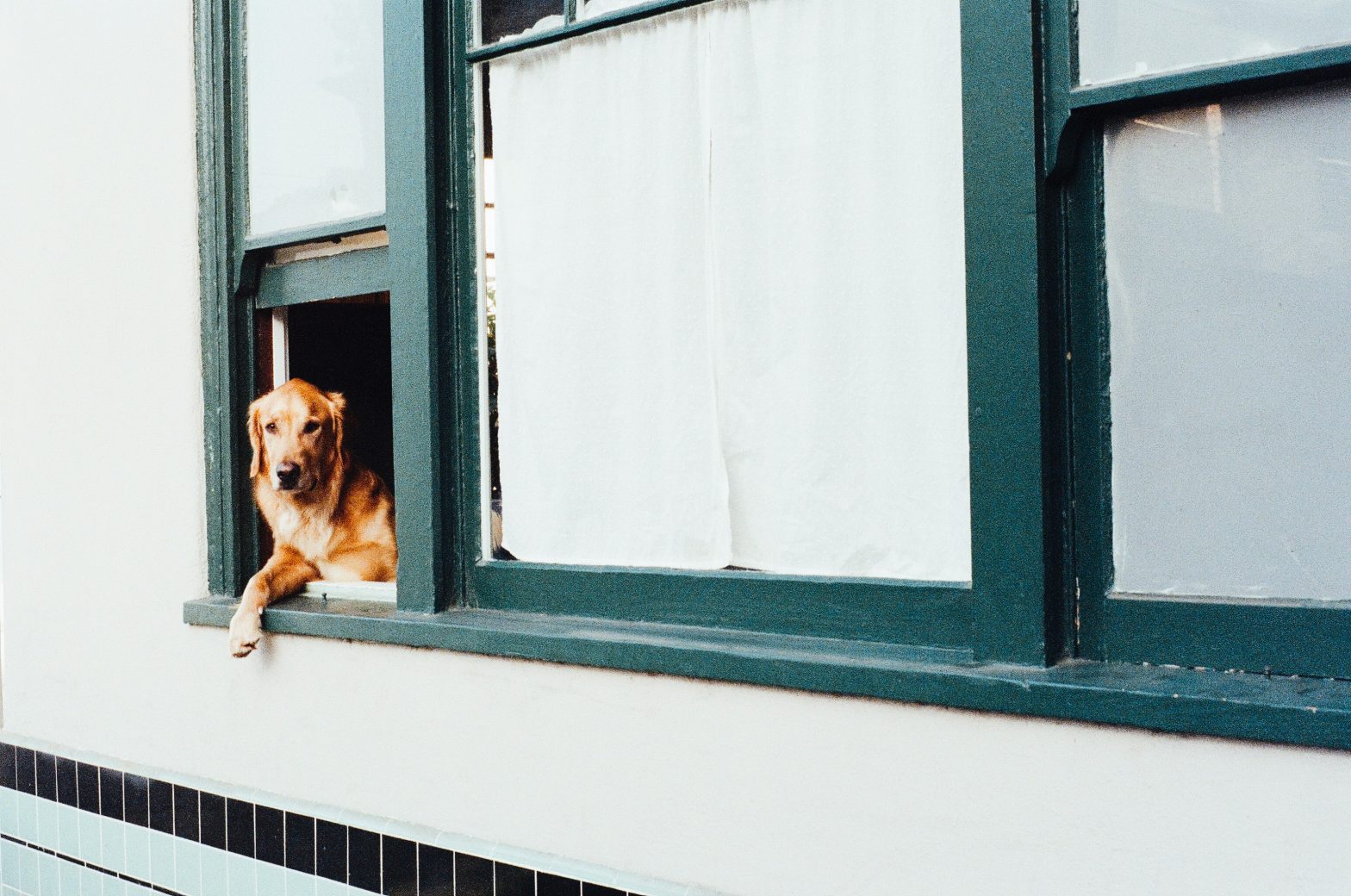When our beloved pets require medical care, especially something as serious as surgery, our owners must ensure they receive detailed attention. Part of this responsibility involves preparing them for surgery, a critical step to ensure their safety and accelerate their recovery. This involves understanding the surgical procedure, adhering strictly to preoperative guidelines, and taking certain precautions. This comprehensive guide elucidates these processes, providing keen insight into preparing and safeguarding your pet during this critical period.
Understanding Veterinary Hospitals
Veterinary hospitals, such as the Groton Vet Clinic, provide comprehensive medical services to pets. From routine check-ups to complex surgeries, these full-service veterinarian clinics ensure your pet’s well-being. Most importantly, these hospitals play a significant role during pet surgeries, where expert care and attention are paramount.
Importance of Consultation Before Surgery
Regular veterinarian visits allow professionals to monitor your pet’s health and promptly detect any anomalies. A proper consultation with your veterinarian before a scheduled surgery provides the perfect platform to discuss any concerns, understand the procedure, and prepare for the surgery.
- Full Health Assessment: Pre-surgery consultations provide an ideal opportunity for a comprehensive health assessment of your pet. Through physical examinations, blood tests, and other diagnostics, veterinarians can accurately evaluate your pet’s health status.
- Procedure Explanation: Understanding the specifics of the procedure can help ease any stress or anxiety as a pet owner. The veterinarians can explain in detail the surgery’s benefits, possible complications, and recovery expectations.
- Preparation Guidelines: Pre-surgery consultations are the perfect setting to receive direct care instructions before the surgery. Veterinarians can provide specific guidelines on diet, exercise, medication usage, and other critical elements.
- Risk Identification: Every surgery comes with some risk, especially if your pet has underlying health conditions. The consultation is an opportunity for vets to identify potential risks and determine how best to manage them for your pet’s safety.
- Opportunity to Ask Questions: You may have numerous queries and concerns as a pet parent. The pre-surgery consultation is your special time to ask questions and dispel doubts about your pet’s health, surgery procedure, and recovery period.
Preoperative Care for Pets
The period leading up to the surgery typically involves preoperative care, which can encompass dietary restrictions and changes in exercise routines. The specific preoperative instructions largely depend on the type of surgery and the animal’s condition. Anesthesia procedures often require pets to fast; thus, discussing such restrictions with your veterinarian is crucial.
- Dietary and Liquid Management: It is common for pets to be required to fast before surgery, especially if anesthesia is involved. Veterinarians provide specific instructions regarding when and what your pet should eat or drink before surgery.
- Medication Guidance: If your pet is on any medication, there might be changes in the administration or type of drugs they receive. Some medications need to be paused; others need to be administered with a specific timing relative to surgery.
- Exercise Limitations: Depending on the surgery’s nature, your pet may need to limit physical activity to prevent injuries or complications. These restrictions should be strictly followed for the safety of the pet.
- Preoperative Bathing: Sometimes, pets may need a bath before surgery to reduce the bacteria on their coat. The veterinary clinic will often provide specific instructions on this.
- Relaxation and Comfort: Pets can sense anxiety, so remain calm to help your pet relax. Keeping their routine as normal as possible and comforting them can significantly ease their stress.
Preoperative care for pets is designed to ensure that surgical procedures are as safe, smooth, and complication-free as possible. Having a clear understanding of these requirements and strictly adhering to them can significantly impact your pet’s health and recovery.
Day of the Surgery
On the day of surgery, pet owners are usually anxious and concerned. A well-equipped veterinary hospital ensures streamlined procedures and follows safety precautions that can alleviate some of the owner’s stress. Ensuring your pet’s comfort and following the preoperative care instructions are key at this stage.
Postoperative Care for Pets
After the surgery, your pet will require intensive care and monitoring. This is where post-operative care becomes critical. Hinging on the complexity of veterinary surgery, pain management, and wound care might be necessary. Sticking to the prescribed medication schedule and attending follow-up visits are critical during this stage.
Preventive Care for Pets
Regular check-ups, timely vaccinations, and maintaining a healthy lifestyle can help prevent many health issues in pets. For instance, parasite prevention is a significant aspect of preventive care. By visiting the link on this page, pet owners can learn more about pet vaccination parasite prevention and incorporate it into their pet’s healthcare routine.
Conclusion
Understanding, preparing, and taking precautions for your pet’s surgery helps ensure quick recovery and prolonged health. Utilizing full-service veterinary clinics, following the preoperative care instructions, and providing postoperative care are key aspects of this preparation. Remember, a well-prepared pet has a better chance of successful surgery and recovery.


